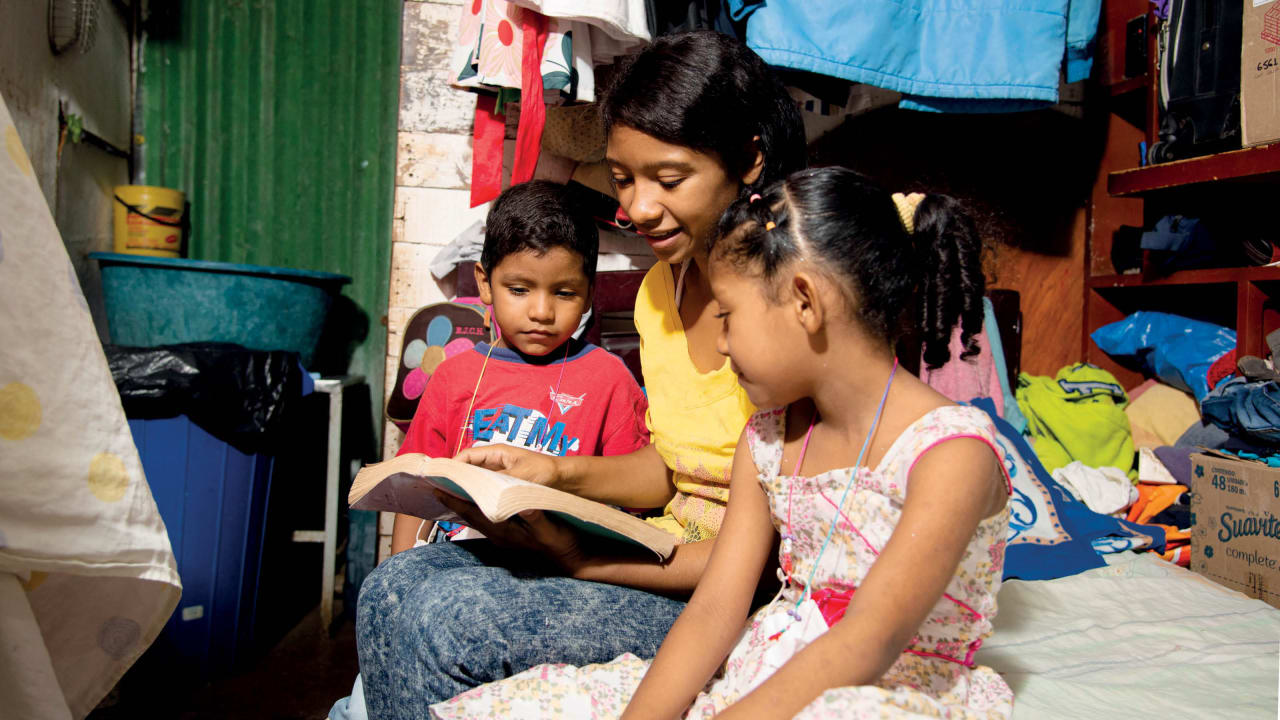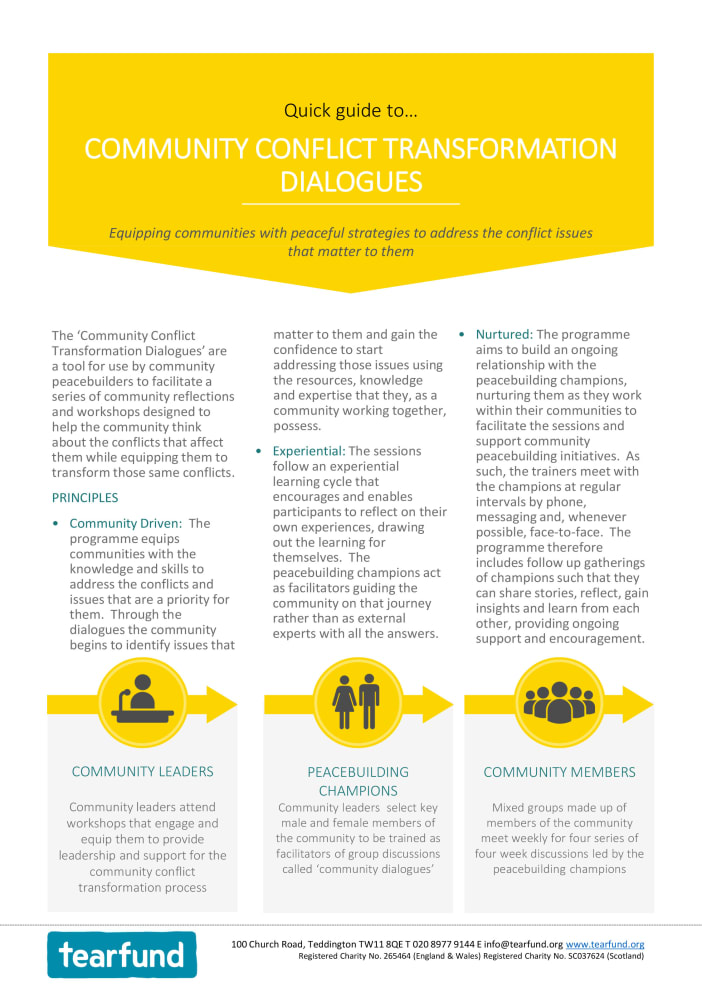The Bible tells us that God created a good and peaceful world. One in which human beings could live in fellowship and harmony with God, and with each other.
But human disobedience broke the peace, resulting in damaged relationships and conflict (Genesis 3).
Despite this, God did not give up on us. He loves us so much that he sent Jesus to ‘reconcile to himself all things… by making peace through his blood, shed on the cross’ (Colossians 1:20).
Read 2 Corinthians 5:17–21
The word ‘reconcile’ means to bring together – or heal – that which was broken. This healing is much more than the absence of conflict. Reconciliation is about the transformation of damaged relationships into relationships of trust.
In a world where there is so much conflict and division, the church is called to be a community of peacemakers (Matthew 5:9). Through the life, death and resurrection of Jesus – and the forgiveness this brings – we have been given a message and ministry of reconciliation (2 Corinthians 5:18–19).
When we work for peace and reconciliation, we:
- imitate the loving character of God, wanting the best for people
- resist the claims of people, ideas, systems and structures that go against God’s purposes
- share the joyful message of reconciliation with God through Jesus
- offer people hope
Reconciliation is not easy. It requires humility, time and patience. But as the Holy Spirit helps us let go of the destructive power of past hurts and unforgiveness, we can help others to do the same.










